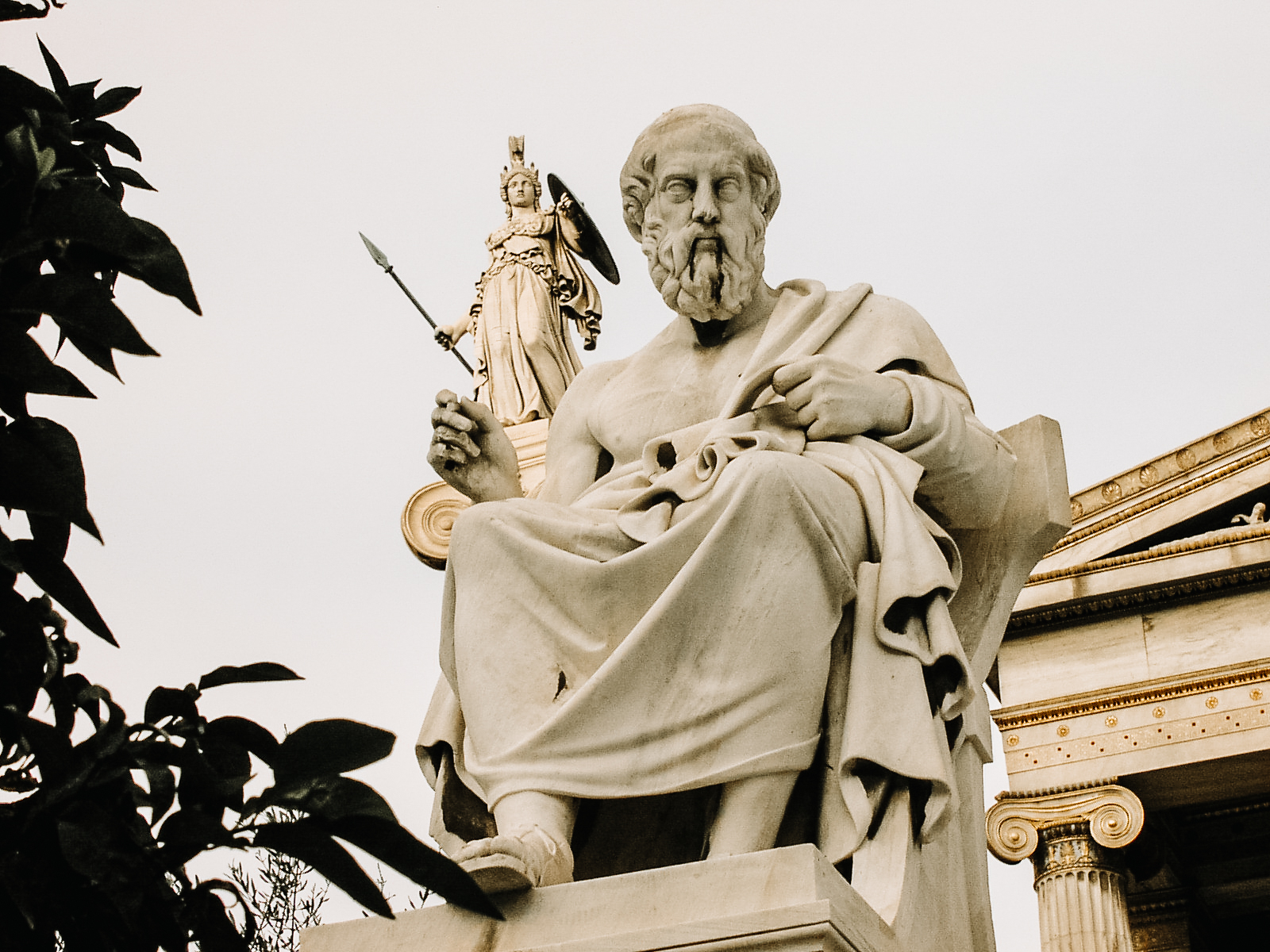Wokeness and the Oppressiveness of All Categories
All social categories are potentially oppressive. To understand the wide ranging implications of this truth you have to consider how expansive the category of 'categories' is. Our entire linguistic system for making sense of the world is a system of categories. Every verb and noun is a category. Linguistic systems vary across cultures to some degree. How much and how deep the variation is is disputed. Universally valid categories cannot be unquestionably demonstrated by looking at different cultures' categories. However, a general tendency toward significant commonalities across cultures suggest a mutually intelligible human experience that responds to some sort of reality. While all categories are socially constructed to some extent, they are not constructed from nothing. They are constructed with and in response to a real world that is nebulous and dynamic but not completely chaotic.
Here are some social categories: black, white, Asian, native, male, female, senior citizen, Latino, college graduate, working class, wife, husband, child… It is fairly easy to see how the use of these categories could be experienced as oppressive in various circumstances. But of course they can also be the opposite of oppressive. In the case of racial categories, for example, some may find empowerment in explicitly identifying with and organizing around the racial categories that were historically constructed and foisted upon them in an oppressive fashion.
But any category that we use to organize, understand, and communicate about social life and human experience can likewise be both oppressive and empowering. Consider disease/disorder categories: cancer, AIDS, attention deficit disorder, gender dysphoria, etc. As disability advocates have often pointed out, naming disorders and diseases is political. It can help people to recognize a category of experience as a disease or disorder. It can also stigmatize or otherwise hurt people. Disagreement exists over whether it does one or the other in cases such as ADHD, but in theory the recognition and labeling of any particular disorder, disease, or disability can help or hurt--can be used to empower or to disempower oneself or others.
Plato is the original categorical philosopher par excellence. He taught that categories were eternal and static, and that they ordered the universe as well as our thought and perception. Plato's guiding question is this: "How could we make sense of the world at all without our categories having some validity, some purchase upon the world?" For Plato, that purchase is absolute. Or at least it could be if we had a proper understanding of the eternal categorical forms. Indeed, Plato thought the linkage between categories and reality must be absolute, because if it wasn't, how could anything be true or false? Without Plato's theory or something like it, it seems we would be adrift in a world of hopeless relativism.
Many readers find Plato's theory of eternal categorical forms incredible. But it is difficult to know what else would account for the apparent order in the universe--and the very possibility of our own cognition of the world--if it were not something like Plato's eternally valid system of categories. Some modern philosophers such as Gille Deleuze and Manuel Delanda suggest replacing the static forms of Plato with something like a fluctuating and open-ended system of "attractors" in the mathematical sense. This gives categories a purchase upon the world, but not an absolute and static purchase. Some categories may have near universal validity for a long period of time. Others may have more fleeting and tenuous validity but may still be useful to us. But no category of thought or language, on this theory, is perfectly reflected in reality. None has perfect validity forever.
What is now called 'wokeness' operates largely by proliferating, reappropriating, or cancelling categories. This can be good. But it runs into problems when it pursues a logic that is implicitly or explicitly hostile to categories as such.
The anti-wokeness of the political right is often reactionary and vengeful. One sure way to anger a young child is to confuse or question the categories they are desperately using to make some sense of their world. They really don't like it when you do that. But we adults can choose to be more… well, grown-up about this. We should be willing to loosen our social categories and change them in response to injustice and oppression. We should not cling too childishly to them.
Nevertheless, there is a kernel of common sense or pragmatism in some anti-woke reactions. We will always have to use categories to understand and communicate about our social world. And these categories will always do some measure of social violence. We can dispense with certain categories when they are particularly harmful and unjust, or when they become so. We can re-appropriate categories in ways we find liberating. We can invent new categories to validate a wider range of experiences. But we cannot eliminate all possibilities of social oppression by eliminating all potentially oppressive categories. That's impossible.
-Jake Greear



Comments
Post a Comment